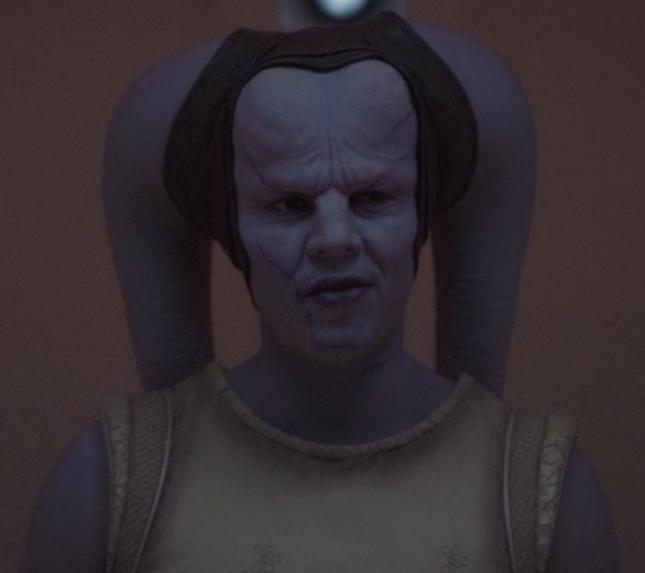Redsha
Attribute dice: 11D
Attribute Min/Max
DEX: 2D+2/4D+2
PER: 3D/5D
KNOW: 1D+1/3D+1
MECH: 1D/3D
TECH: 2D/4D
STR: 1D/2D+2
Move: 11/13
Size: 1.3-1.5m
Special abilities: Night Vision: Redsha have large eyes which are somewhat adapted to low-light situations. In such situations a Redsha adds 1D to search.
Story Factors: Short sighted: Redsha tend to be short sighted in their plans, since they feel that there is no predicting what will happen in the long run. This means
that many people see the Redsha as ultimately untrustworthy, although they can generally be counted on in the short term.
capsule: The Redsha evolved from small, highly adaptable mammals on the planet Cholddut, a world known for its fierce and unpredictable weather. The Redsha have extremely high birth rates, and an average lifespan of only 30 years. A Redsha is fully mature after only 3-5 years, and in the past were often left to fend for themselves after as little as 2 years. Redsha tend not to stray too far from their homeworld, simply because they find life on most other planets boring. Redsha are generally humanoid, but always seem slightly hunched over. Redsha have large eyes, a testament to the fact that they were once nocturnal, and are covered in a very fine dusty-colored fur. Many individuals have darker stripes or spots on their fur, and a few have a speckled appearance, but the most common is a solid sandy color.
The need to adapt has always been the defining aspect of Redsha culture, and as such it is virtually impossible to say that there has ever been a consistent culture amongst these creatures. When they were first contacted by the Old Republic the Redsha had attained a feudal level of technology in most areas of the planet, but there was no planet-wide culture to speak of. Redsha from one island would be hunters who grouped themselves in small family units, Redsha from another island would have an organised kingdom led by a despotic ruler, Redsha from another island would operate in a slightly anarchistic democracy, while still other Redsha would spend their entire lives sailing on the oceans in a nomadic existence. The only defining rule was that if the local system was unsuccessful it would quickly change. When the Republic arrived the Redsha quickly saw how well their system worked for them. Within a few short decades the Redsha had adapted to the new technology brought by the Republic, and adopted human culture wholesale. Since then Redsha society has been more or less stable, and some point to this as proof that human culture is superior to all others. It should be noted however that it is not so much their current adoption of human culture that allows the Redsha the flexibility that they need, it is rather their adoption of human technology that serves this purpose. It should also be noted that it is quite likely that the Redsha would have attained such a technology level on their own, since their rate of technological advancement before their contact with the Republic was fast indeed.
Today the Redsha tend to be known as shrewd traders who it is very difficult to get the better of in a deal. This is offset, however, by the fact that the Redsha have a great deal of trouble planning far into the future. Individual Redsha have been known to overcome this difficulty, but as a whole Redsha tend to live for the present and the immediate future only. For example a Redsha trader may drive an extremely hard bargain with a human for a crate of repulsorlift parts, offending the human in the process, but getting the deal in the end. Later the Redsha may have to deal with the same human again, but this time the human is in the better position and, still upset with the Redsha from their last deal, will make this deal cost the Redsha dearly. One other thing that Redsha are typically known for is their ability to come up with a fresh perspective on a problem. For this reason there are many research facilities on their homeworld, not because the Redsha are any better at learning than humans, but rather because the Redsha are quite good at coming up with surprising, but often effective, approaches if they have a basic understanding of the problem.
|











